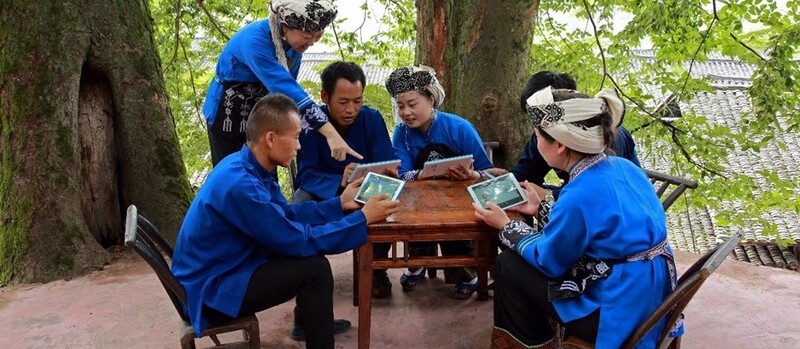
EU adopts new rules to significantly cut packaging waste with re-use targets
The European Union has formally adopted a regulation on packaging and packaging waste. The new ...

UNESCO will mark the fourth International Day of Education on January 24, 2022, under the theme of “Changing Course, Transforming Education”.
As it was detailed in UNESCO’s recent global Futures of Education report, transforming the future requires an urgent rebalancing or relationships with each other, with nature as well as with technology that permeates people’s lives, bearing breakthrough opportunities while raising serious concerns for equity, inclusion and democratic participation.
This year’s International Day of Education will be a platform to showcase the most important transformations that have to be nurtured to realize everyone’s fundamental right to education and build a more sustainable, inclusive and peaceful futures. It will generate debate around how to strengthen education as a public endeavor and common good, how to steer the digital transformation, support teachers, safeguard the planet and unlock the potential in every person to contribute to collective well-being and shared home.
Education is a human right, a public good and a public responsibility.
The United Nations General Assembly proclaimed 24 January as International Day of Education, in celebration of the role of education for peace and development.
Without inclusive and equitable quality education and lifelong opportunities for all, countries will not succeed in achieving gender equality and breaking the cycle of poverty that is leaving millions of children, youth and adults behind.
Today, 258 million children and youth still do not attend school; 617 million children and adolescents cannot read and do basic math; less than 40% of girls in sub-Saharan Africa complete lower secondary school and some four million children and youth refugees are out of school. Their right to education is being violated and it is unacceptable.
On 17 December 2021, United Nations General Assembly adopted by consensus the resolution entitled “Education for sustainable development in the framework of the 2030 Agenda for Sustainable Development” and called on member states to strengthen their efforts to prioritize education in the response and recovery from the pandemic.
Amidst COVID 19 continued crisis, the international community agreed that the focus should be put on safely reopen educational institutions for in-person learning, based on scientific evidence and in consideration of local contexts. Member states also recommitted to prioritize students and educators’ health, ensuring that reopening plans are equity-oriented, gender-responsive and inclusive, mainstreaming education for sustainable development as key in building resilient systems.
The European Union has formally adopted a regulation on packaging and packaging waste. The new ...
Inaugurating the Abydos Solar Power Plant in the Upper Egypt governorate of Aswan represents a ...
Businesses that fail to adapt to climate risks like extreme heat could lose up to ...


اترك تعليقا